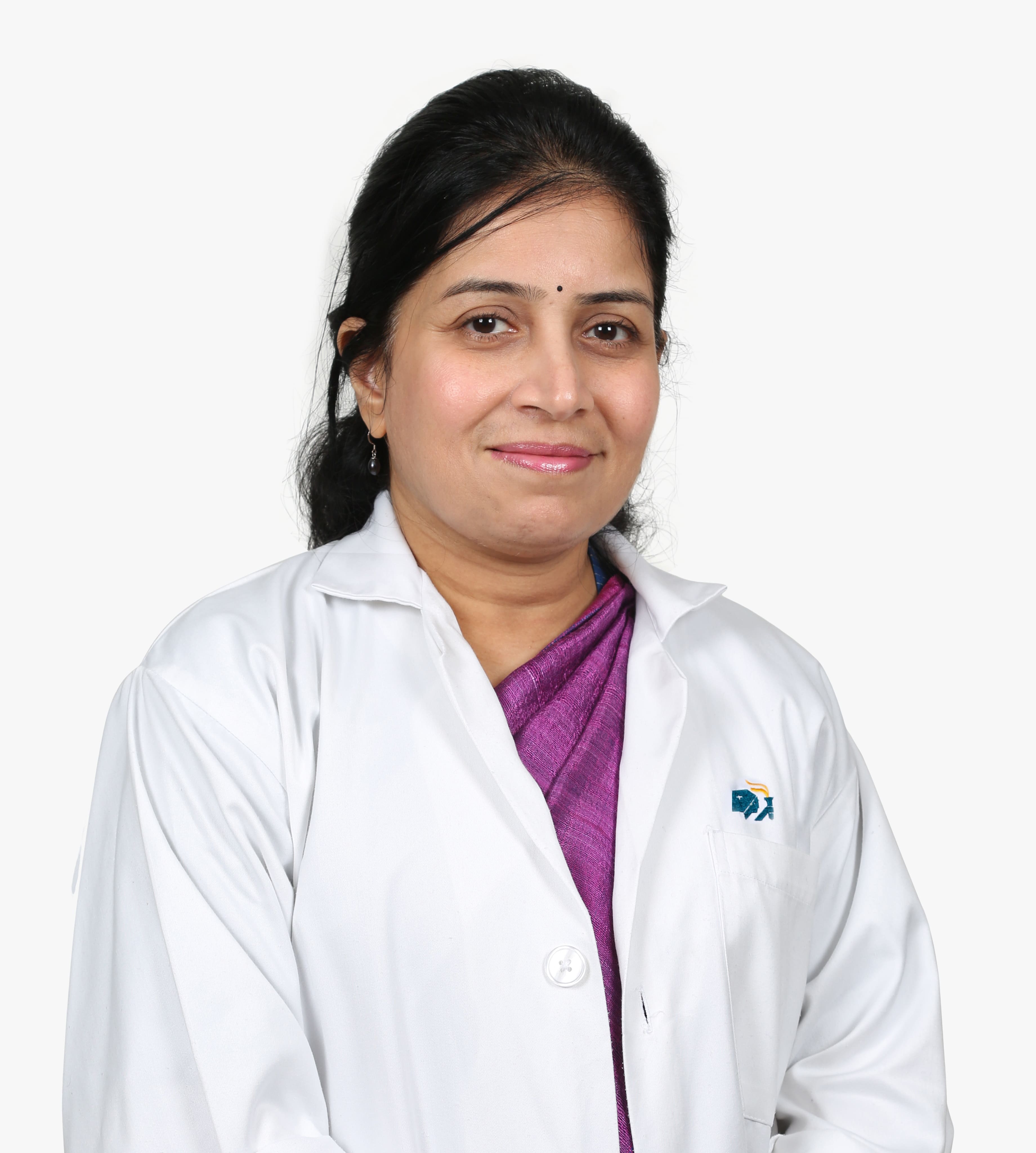Best Lymphoma Doctors in Delhi
Lymphoma is a type of cancer that originates in the lymphatic system, which is a vital part of the body’s immune system. It occurs when lymphocytes, a type of white blood cell, undergo uncontrolled multiplication and growth due to genetic changes. These cancerous cells, instead of protecting the body from infections, form tumours within the lymph nodes and other regions of the body, leading to a serious health crisis.
Apollo Hospitals in Delhi is at the forefront of the fight against cancer with its team of oncologists and specialists in lymphoma. The best doctors specialising in lymphoma treatment are available here to provide world-class care to patients.







 Call Now
Call Now

